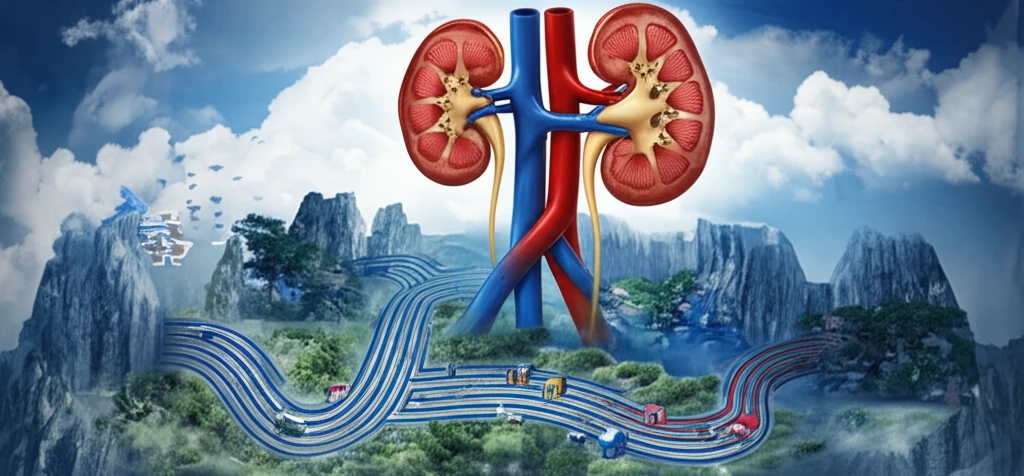
Dialysis Dilemmas: Unraveling Incremental Dialysis, DRESS Syndrome, and Obstructive Kidney Failure
"A Deep Dive into Recent Studies: From Tailoring Dialysis to Spotting Rare Drug Reactions and Understanding Urinary Obstructions"
Kidney health is a complex and multifaceted area of medicine, with numerous conditions and treatments impacting patients' lives. Recent studies shed light on several critical aspects of nephrology, offering insights into optimizing dialysis treatments, recognizing rare drug reactions, and understanding the causes and management of kidney failure.
This article delves into three distinct but interconnected areas of kidney care: incremental dialysis, Drug Reaction with Eosinophilia and Systemic Symptoms (DRESS) syndrome secondary to vancomycin, and acute obstructive kidney failure. By examining these topics, we aim to provide a comprehensive overview of the latest research and its implications for patients and healthcare professionals alike.
Our goal is to translate complex medical findings into accessible information, ensuring that you—whether you're a patient, caregiver, or simply interested in kidney health—can stay informed and empowered. We'll explore the nuances of each condition, highlighting key findings and practical takeaways.
Incremental Dialysis: Tailoring Treatment for Better Outcomes

Incremental dialysis represents a significant shift in how hemodialysis is administered. Unlike traditional approaches where patients undergo a standard three-times-a-week schedule, incremental dialysis tailors the frequency and intensity of treatments to the individual's residual kidney function. This personalized approach aims to optimize patient outcomes and quality of life.
- Personalized Approach: Incremental dialysis adapts to the patient's residual kidney function, optimizing treatment.
- Patient Selection: Suitable for patients with socioeconomic constraints, medical indications, or those refusing traditional schedules.
- Comparable Outcomes: Studies suggest comparable survival rates to thrice-weekly dialysis when criteria are met.
- Key Factors: Considers residual renal function, hydration, cardiovascular symptoms, and lab values.
Staying Informed and Vigilant in Kidney Care
The landscape of kidney care is continuously evolving, with ongoing research refining our understanding of various conditions and treatments. By staying informed about the latest findings, healthcare professionals and patients alike can make more informed decisions and work together to achieve the best possible outcomes. Continued vigilance and a commitment to personalized care remain paramount in the journey towards optimal kidney health.
